Dans le secteur industriel, recruter et intégrer des profils techniques relève du défi. Entre pénurie de compétences, exigences de sécurité et nécessité d'une montée en compétences rapide, les entreprises cherchent des solutions pour transformer leur approche de l'onboarding. Retour sur l'expérience de Monteiro, qui a réussi à optimiser l'intégration de 200 collaborateurs par an dans un contexte à haute exigence technique.
Monteiro : quand la croissance impose une transformation de l'onboarding
Groupe industriel spécialisé dans les métiers techniques de pointe - soudage, tuyauterie, maintenance industrielle - Monteiro fait face à un enjeu de taille : recruter et intégrer massivement des profils sur des métiers en tension. Avec 200 nouveaux collaborateurs à onboarder chaque année sur des postes aussi variés que soudeur, tuyauteur ou chef de projets, ingénieur calculs, dessinateur, l'entreprise devait repenser entièrement son approche.
Pour structurer cette transformation, Monteiro a créé en interne "l'École des Métiers", une véritable institution dédiée à la formation au sein du groupe. Cette initiative s'inscrit dans une phase de transformation profonde, dans un contexte de croissance des effectifs et de réorganisation stratégique.
Des défis multiples pour un enjeu critique
L'onboarding chez Monteiro cristallisait plusieurs problématiques typiques des entreprises industrielles en croissance :
Un processus manuel et chronophage
Les équipes RH passaient un temps considérable sur des tâches administratives : préparation des pochettes d'accueil, relances individuelles, suivi des parcours.
Des besoins différents en fonction des métiers
L’onboarding requérait de respecter les spécificités de chaque métier technique. Un soudeur n'ayant pas les mêmes besoins qu'un tuyauteur, les exigences de sécurité varient selon les environnements d'intervention.
Des enjeux de conformité et de marque employeur
L'objectif était donc ambitieux : diviser par 4 le temps d'intégration tout en garantissant la qualité pédagogique et la différenciation métier.
Le choix de Didask : la pédagogie comme facteur différenciant
Face à ces défis, Monteiro a étudié plusieurs solutions avant de retenir Didask.
Le facteur décisif ? Des méthodes pédagogiques intégrées à une IA de conception puissante basée sur les sciences cognitives.
"Nous cherchions une solution qui ne se contente pas de digitaliser nos contenus existants, mais qui repense fondamentalement l'apprentissage", explique l'équipe de l'École des Métiers.
Cette approche pédagogique différenciante était cruciale pour des métiers où l'erreur a des conséquences importantes en termes de sécurité et de qualité.
Un déploiement en deux temps : socle commun et spécificités métiers
Le déploiement de la solution s'est organisé autour d'une méthodologie claire :
Phase 1 : Constitution du socle commun
Identification des connaissances transverses à tous les métiers : culture d'entreprise, sécurité de base, processus qualité et outils digitaux.
Phase 2 : Intégration des spécificités métiers
Déclinaison par famille de métiers avec les référents techniques : gestes métiers, réglementations spécifiques, équipements dédiés et environnements d'intervention.
Cette approche collaborative a mobilisé les responsables RH et les référents métiers de chaque spécialité, créant une véritable dynamique transverse au sein de l'entreprise.
Le résultat : 10 parcours digitaux créés, permettant de couvrir l'ensemble des besoins d'onboarding tout en maintenant la richesse technique de chaque métier.
2025 : de l'onboarding à la formation continue
Monteiro a étendu son approche au-delà de l'onboarding. Les premières formations continues ont été déployées dans des thématiques variées telles que :
- Techniques métiers avancées
- RSE et conformité juridique
- Développement RH
- Qualité produit
- Systèmes d'information
Ce déploiement étendu confirme que la transformation digitale de la formation chez Monteiro n'était que la première étape d'une démarche plus large de montée en compétences continue.
Résultats : La montée en compétences des collaborateurs
Moins d'un an après le lancement, les chiffres parlent d'eux-mêmes :
- 50+ parcours différents déjà réalisés
- 2000+ certificats édités
- 8,95/10 de recommandation moyenne - un score remarquable pour une formation d'entreprise
- 94% des apprenants considèrent que le contenu leur sera utile dans leur travail
Des bénéfices qui rayonnent dans toute l'organisation
Au-delà des résultats directs sur les apprenants, le projet a généré des externalités positives remarquables :
Fiabilisation du parcours d'intégration
L'automatisation de l'administratif et la centralisation des contenus ont permis une fiabilité du processus.
Amélioration de l'image employeur
La digitalisation de l'onboarding donne une image dynamique et moderne de l'entreprise
Conformité renforcée
La traçabilité automatique et la certification des parcours facilitent les audits clients.
Adhésion de la direction
Le CODIR s'est montré particulièrement réceptif aux résultats, ouvrant la voie à de nouveaux projets de formation digitale.
L'IA pédagogique : un accélérateur de création
Un aspect particulièrement apprécié par les équipes de Monteiro : l'IA pédagogique de Didask, qui va au-delà de la simple création de contenu. Cette technologie encode la méthode pédagogique elle-même, proposant notamment des mises en situation réalistes adaptées aux contextes métiers.
"Cette approche nous permet de créer rapidement des situations d'apprentissage qui collent vraiment au terrain", souligne l'équipe.
Les clés du succès : une approche méthodique et collaborative
Le succès de Monteiro repose sur plusieurs facteurs clés :
Une vision claire des enjeux
Partir des vrais défis terrain au delà de simplement digitaliser l'existant.
Une approche collaborative
Impliquer dès le départ les référents métiers et les équipes RH dans la conception.
Le choix d'une pédagogie différenciante
Privilégier l'efficacité d'apprentissage plutôt que la simple mise à disposition de contenus.
L'expérience de Monteiro démontre qu'il est possible de concilier industrialisation et qualité pédagogique, même sur des métiers techniques complexes. En s'appuyant sur une approche pédagogique rigoureuse et des outils adaptés, l'entreprise a transformé un défi opérationnel en avantage concurrentiel, créant les conditions d'une montée en compétences continue et différenciante.

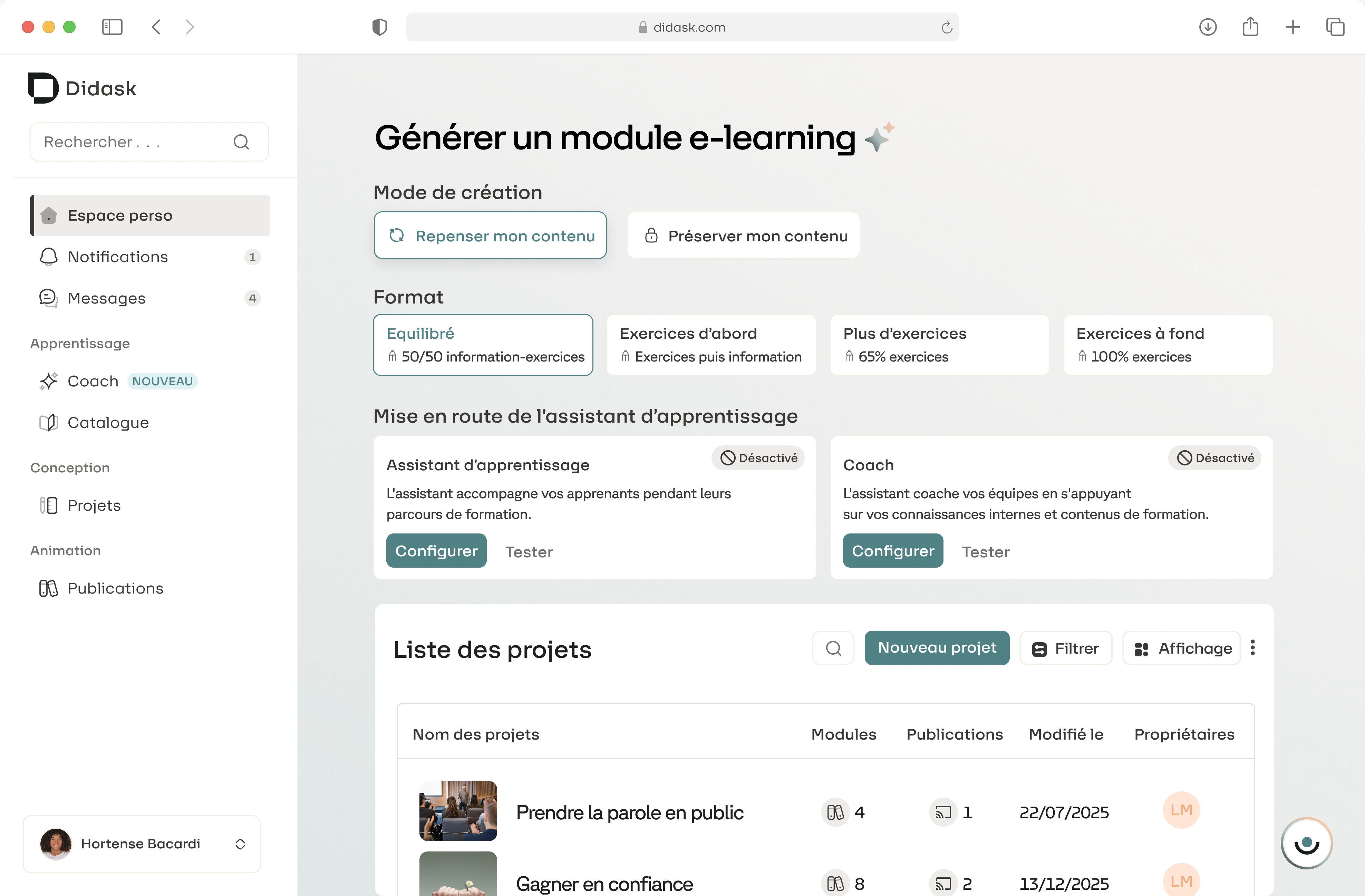
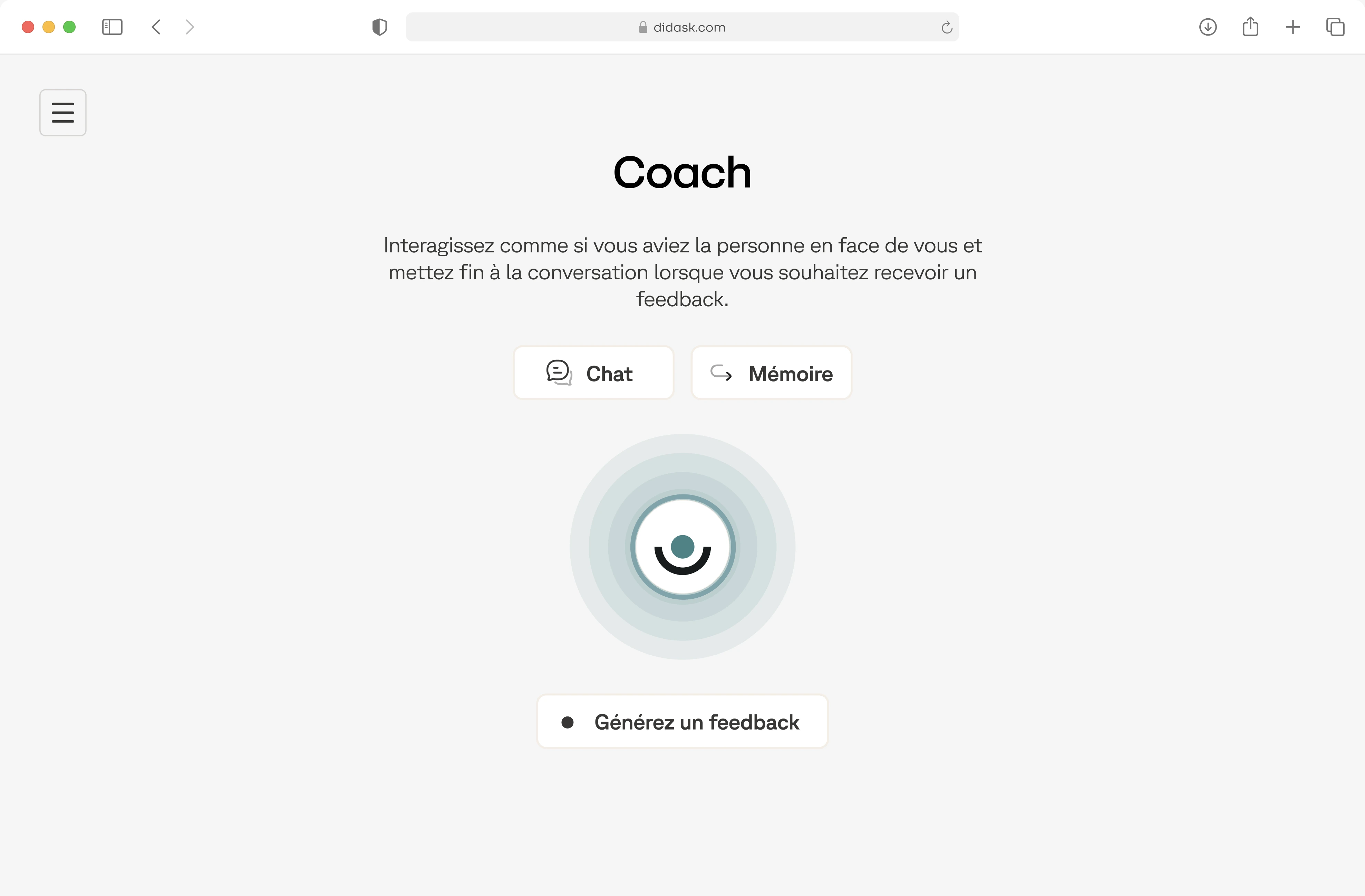
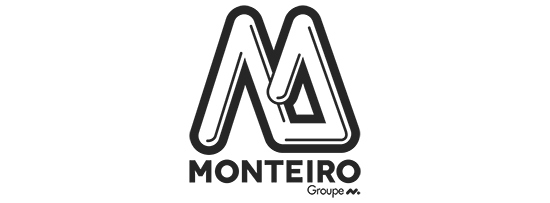
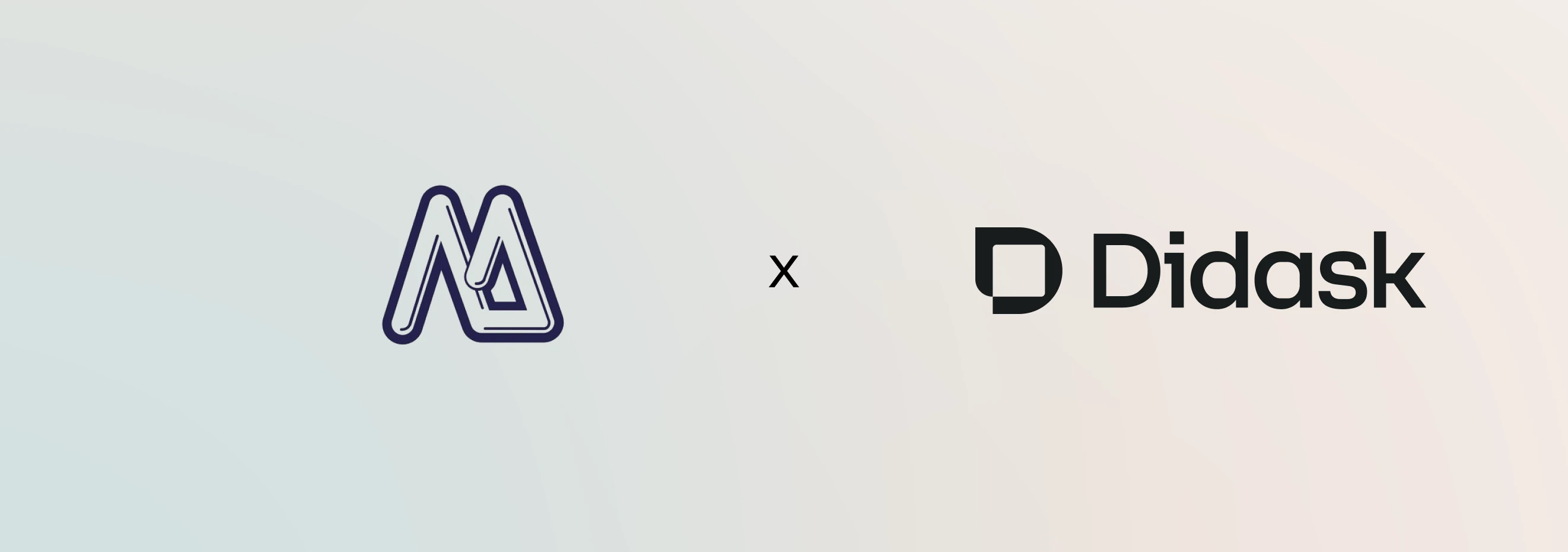
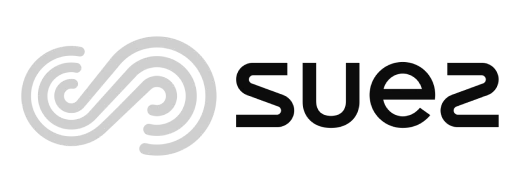


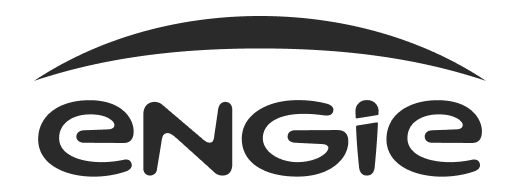




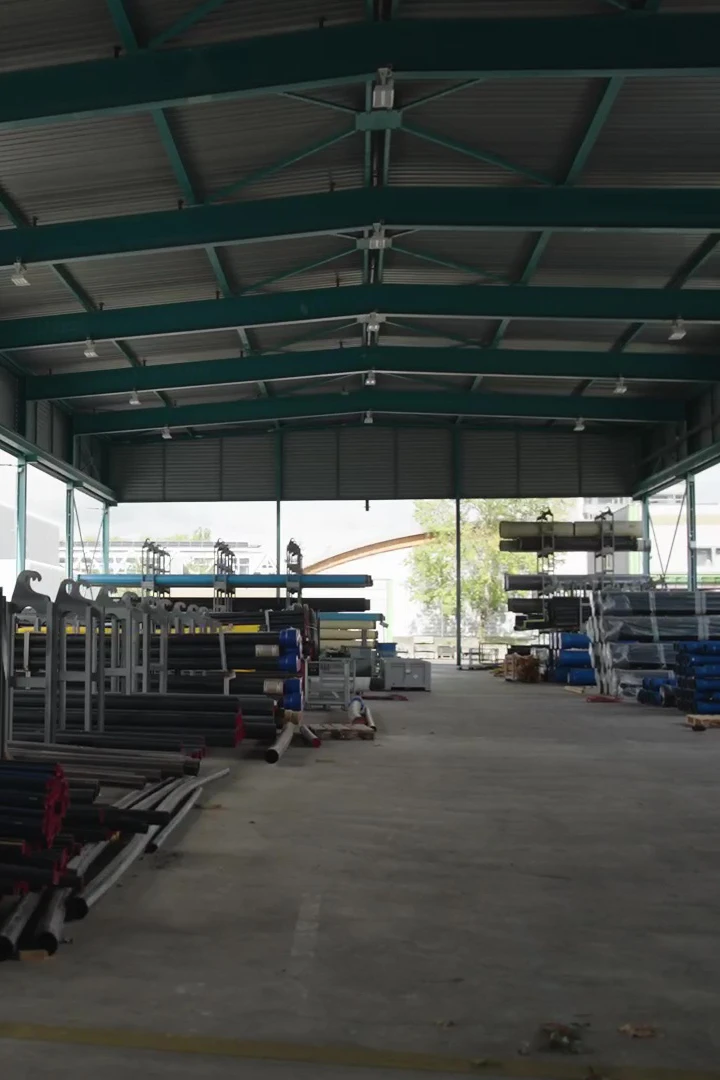
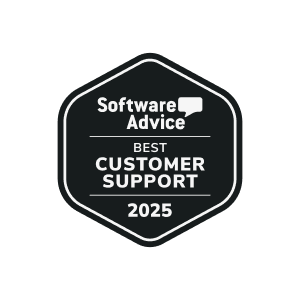
.png)